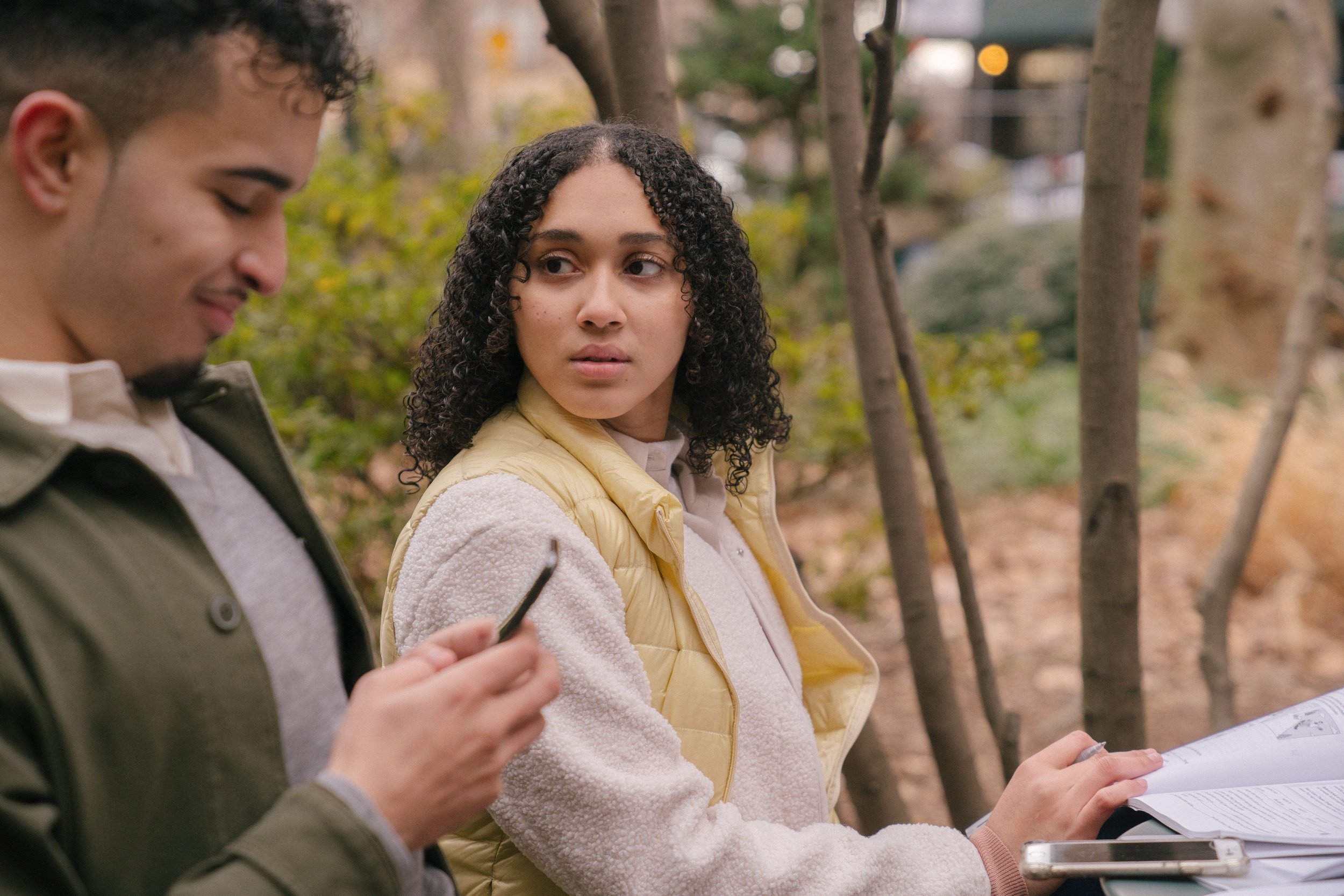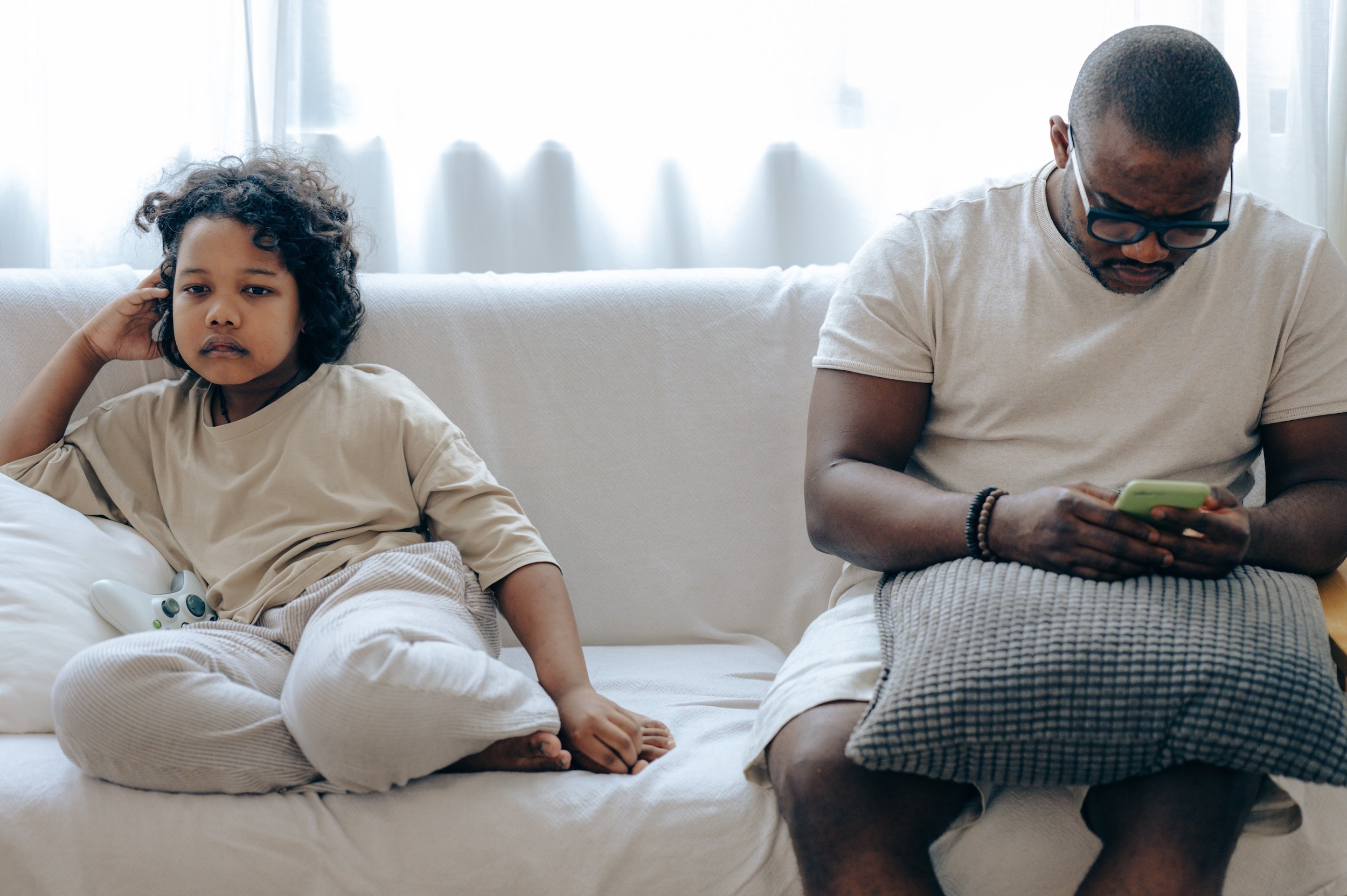Are You Guilty of “Phubbing”?
Do you find yourself checking your phone during a face-to-face conversation?
As our reliance on smartphones becomes increasingly intertwined with our day-to-day activities, it can be tempting to want to check our phones in the middle of our conversations. Snubbing someone with your phone or “phubbing”, may seem harmless however studies suggest otherwise.
Here’s why the next time you have that urge to check your notifications/texts/pings, you’ll want to put your phone away and focus on being present.
Phubbing makes you feel less connected
(...) people who used their phones while eating with friends or family said they enjoyed their meal less and felt more distracted and less engaged than those who didn’t use tech at the table.
Phubbing can hurt your mental health
(...) phubbing was found to threaten four “fundamental needs” — belongingness, self-esteem, meaningful existence and control — by making phubbed people feel excluded and ostracized.
— Journal of Applied Social Psychology
How to stop phubbing
If you’re a chronic phubber, creating and following strict technology rules, such as putting your phone away while eating dinner, can help you form new habits (...)
Other attention-based practices, like meditation and mindfulness, may also help re-train your attentional capacity.
— Emma Seppälä, Psychologist at Stanford and Yale University
If you are the one being phubbed
Be patient and compassionate and don’t take offense, because they’re following an impulse.
Do, however, take the time to calmly explain how phubbing makes you feel, especially if the person isn’t as bothered by the behavior as you are.(...)
— Emma Seppälä, Psychologist at Stanford and Yale University
Adapted from: TIME, “‘Phubbing’ Is Hurting Your Relationships. Here’s What It Is” by Jamie Ducharme


